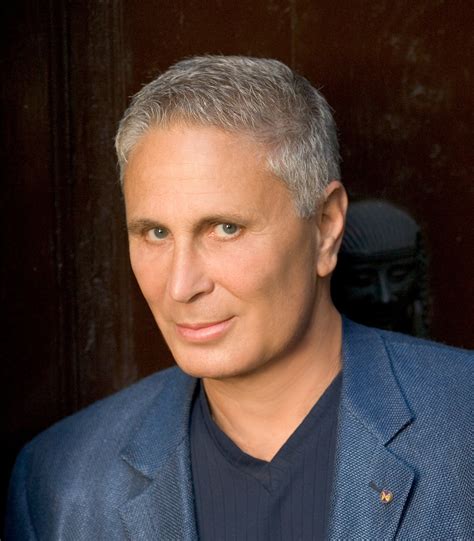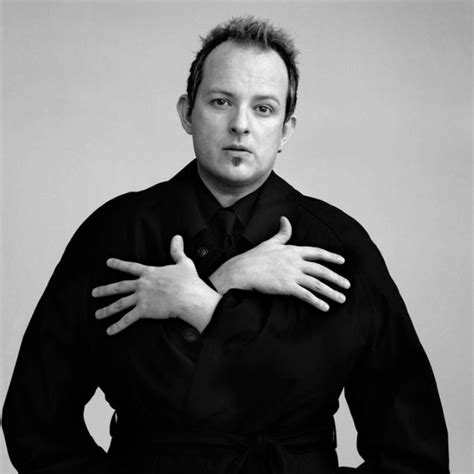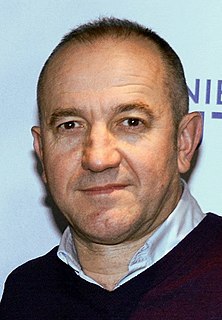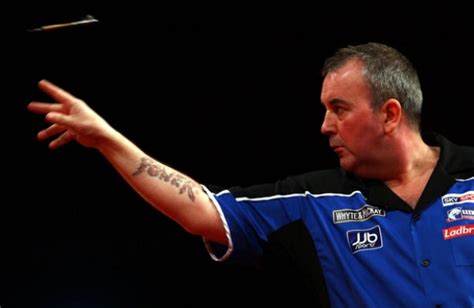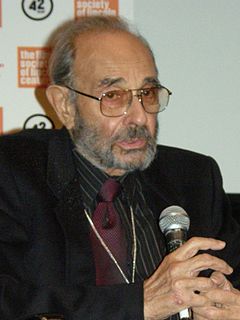A Quote by John Corigliano
The structural thinking I use in the concert hall is unnecessary to most film projects, and most film composers make better use of the enormous range of pop and other materials and techniques required of them than I probably would, faced with the same challenge.
Related Quotes
I try to express in my films things that no other art can approach. In my monster films for example, I use special effects in the same way one would use a special film stock, a special camera, and so on. Monster films permit me to use all of these elements at the same time. They are the most visual kind of film.
You know, in an ideal world, people would just be intrigued and go and see a film without knowing anything about it, because that's where you're going to have the most experience of a film, the biggest, the most revelation of a film. But at the same time, I think there are benefits of having seen a trailer where you actually look forward to seeing moments in a film knowing that they're coming up. I don't know which is better.
Your first film is always your best film, in a way. There's something about your first film that you never ever get back to, but you should always try. It's that slight sense of not knowing what you're doing, because the technical skills you learn - especially if you have a film that works, that has some kind of success - are beguiling. The temptation is to use them again, and they're not necessarily good storytelling techniques.
The whole switch from film to digital has changed some of the ways I use color and the juxtaposition of light and dark. It's getting better with digital, the separation's gotten better, but I still feel like it's really flatter than film, so I do a lot of screening and subtle textural printing and painting on clothes for film to get it not to look flat.
Different directors have different techniques in the use of films. Cronenberg is very different in the way he works with film, and how he takes the audience into his films is different than how Peter Jackson would do that or Jon Stewart. So, if you go between those artists, you shift gears and you kind of fall into the working method of that film.
I think the reason you use an actor is if they are right for the role. Most of the high-profile stars tend to be good actors. That's probably what led to their fame. So if they are right for the movie, you can certainly use them. But I don't want to, not at all. Stardom and Hollywood overpower the ideas and the film.
I'd never read 'Prince Caspian'. I watched it and loved that film. Everybody was talking about its lack of success; its relative success in comparison to the other film. It's a great film. It deserved to do a lot better than it did. It's very difficult to make a film that will match up to the first.
You have to communicate on a much greater scale. With a camera, you can use the flick of an eye. On stage, a lot of other things are happening that can pull focus or energy. You're always thinking the same way, but you have to amplify your thoughts with the volume of your speech and the ways you use your whole body to communicate what you're feeling. It's a little bit different from film.
A man has a right to use a saw, an axe, a plane, separately; may he not combine their uses on the same piece of wood? He has a right to use his knife to cut his meat, a fork to hold it; may a patentee take from him the right to combine their use on the same subject? Such a law, instead of enlarging our conveniences, as was intended, would most fearfully abridge them, and crowd us by monopolies out of the use of the things we have.
